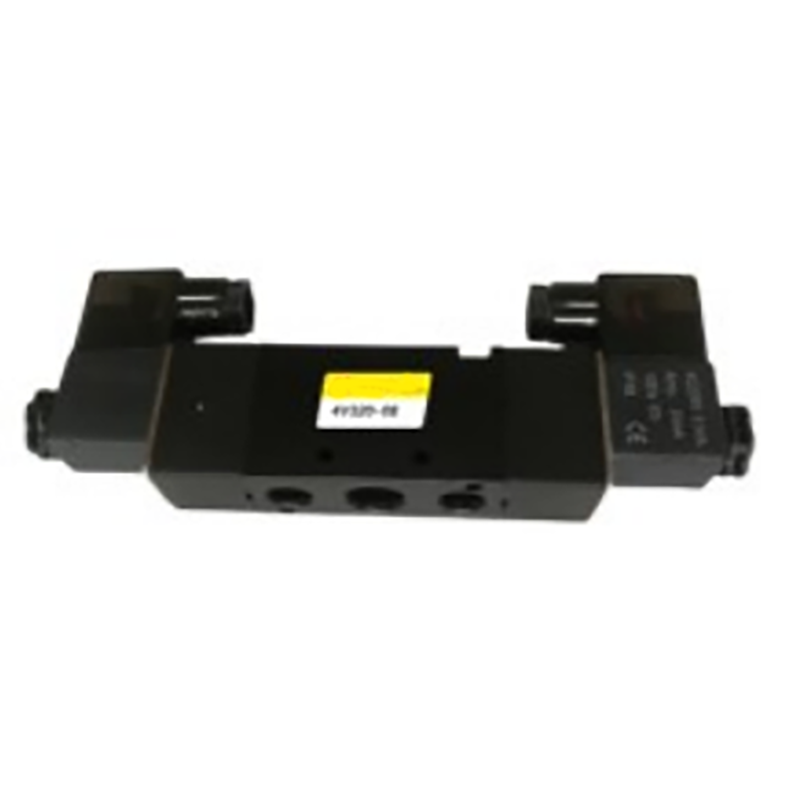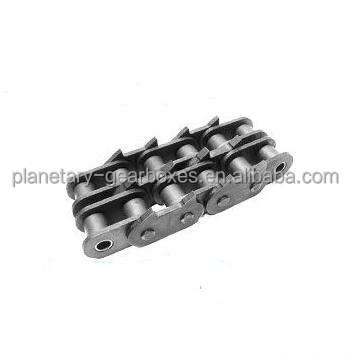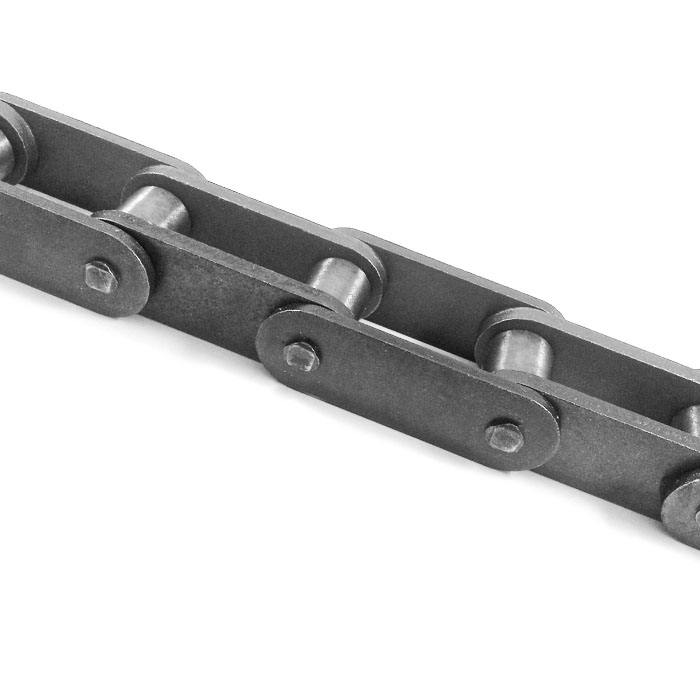Keyed Shaft Collars: Your Comprehensive Guide to Precision and Reliability
Keyed shaft collars are essential mechanical components designed to secure parts onto shafts with enhanced torque transmission and positioning accuracy. Unlike set screw or clamping collars, keyed shaft collars feature a keyway that aligns with a shaft key, preventing rotational slippage under high loads. This makes them ideal for applications in industries such as manufacturing, automotive, robotics, and aerospace, where precise motion control and durability are critical. In this detailed guide, we explore the product parameters, benefits, and common questions about keyed shaft collars to help you make informed decisions for your projects.
Product Parameters of Keyed Shaft Collars
Keyed shaft collars come in various specifications to meet diverse industrial needs. Below, we list the key parameters and provide a table for easy comparison.
Key Parameters:
- Material: Typically made from materials like carbon steel, stainless steel, aluminum, or thermoplastic, each offering different strengths, corrosion resistance, and weight characteristics. For instance, stainless steel provides excellent rust resistance, while aluminum is lightweight and suitable for low-load applications.
- Ranges from as small as 1/4 inch (6 mm) to over 4 inches (100 mm), accommodating various shaft diameters. Custom sizes are often available.
- Keyway Dimensions: Includes keyway width, depth, and length, which must match the shaft key specifications (e.g., standard ANSI or metric sizes) to ensure proper engagement and torque transmission.
- Clamping Mechanism: Many keyed collars use a one-piece or two-piece clamping design with screws (e.g., socket set screws or cap screws) for secure attachment. Some models include a split design for easy installation and removal.
- Torque Capacity: Varies based on material and design, with higher-grade steels handling greater torque loads. Specifications are often provided in Newton-meters (Nm) or foot-pounds (ft-lb).
- Finish: Options include plain, zinc-plated, black oxide, or anodized finishes to enhance corrosion resistance and aesthetics.
- Temperature Range: Depending on the material, keyed shaft collars can operate in temperatures from -40°C to over 200°C (-40°F to 392°F), making them suitable for extreme environments.
- Standards Compliance: Many collars adhere to industry standards such as ISO, ANSI, or DIN, ensuring interoperability and reliability.
Comparison Table of Common Keyed Shaft Collar Types
| Type |
Material |
Bore Size Range |
Keyway Standard |
Torque Capacity (Approx.) |
Common Applications |
| One-Piece Clamping Collar |
Stainless Steel |
1/4" to 2" |
ANSI B17.1 |
Up to 50 Nm |
Light machinery, conveyors |
| Two-Piece Clamping Collar |
Carbon Steel |
1/2" to 4" |
Metric DIN 6885 |
Up to 100 Nm |
Heavy-duty industrial equipment |
| Set Screw Keyed Collar |
Aluminum |
3/8" to 1.5" |
ANSI B17.1 |
Up to 30 Nm |
Robotics, precision instruments |
| Split Keyed Collar |
Thermoplastic |
1/4" to 1" |
Custom |
Up to 20 Nm |
Food processing, medical devices |
This table highlights the diversity in keyed shaft collars, allowing you to select the right type based on your specific requirements for load, environment, and compatibility.
Benefits of Using Keyed Shaft Collars
Keyed shaft collars offer several advantages over other types of collars. Their keyway design ensures positive locking, reducing the risk of slippage and wear. This leads to improved efficiency and longer service life in high-torque applications. Additionally, they provide precise axial positioning, which is crucial for maintaining alignment in complex machinery. The variety of materials and finishes available allows for customization to suit harsh conditions, such as exposure to moisture, chemicals, or high temperatures. Easy installation and removal, especially with split or clamping designs, minimize downtime during maintenance or adjustments.
Frequently Asked Questions (FAQ) About Keyed Shaft Collars
Here are some common questions and detailed answers to help you understand keyed shaft collars better.
What is a keyed shaft collar, and how does it differ from a standard collar?
A keyed shaft collar is a type of shaft collar that includes a keyway slot to accommodate a shaft key, which prevents rotational movement between the collar and the shaft. Unlike standard set screw or clamping collars that rely solely on friction, keyed collars provide a positive mechanical lock, making them more reliable for high-torque applications where slippage could cause failure.
What materials are best for keyed shaft collars in corrosive environments?
For corrosive environments, stainless steel (e.g., 304 or 316 grade) is highly recommended due to its excellent resistance to rust and chemicals. Aluminum with an anodized finish can also be suitable for less aggressive conditions, while thermoplastic collars offer good resistance to acids and bases but may have lower torque capacity.
How do I select the right bore size and keyway for my shaft?
To select the correct bore size, measure the shaft diameter accurately and choose a collar with a bore that matches or can be adjusted to fit (e.g., through clamping). For the keyway, refer to industry standards like ANSI B17.1 for imperial sizes or DIN 6885 for metric sizes, and ensure the keyway dimensions (width, depth) match your shaft key. Consulting manufacturer specifications or an engineer is advisable for custom applications.
Can keyed shaft collars be used on rotating shafts with high speeds?
Yes, keyed shaft collars can be used on high-speed rotating shafts, but it's essential to consider factors like balance, material strength, and installation precision. Imbalances or misalignment can cause vibration and wear. Opt for collars made from high-strength materials like steel and ensure proper seating of the key to avoid issues. Dynamic balancing might be necessary for very high-speed applications.
What maintenance is required for keyed shaft collars?
Keyed shaft collars generally require minimal maintenance. Regularly inspect for signs of wear, corrosion, or loosening, especially in high-vibration environments. Tighten screws as needed and lubricate if specified by the manufacturer (e.g., for corrosion prevention). In harsh conditions, more frequent checks are recommended to ensure optimal performance and prevent unexpected failures.
Are there custom options available for unique applications?
Yes, many manufacturers offer custom keyed shaft collars tailored to specific needs, such as unusual bore sizes, special keyway profiles, or unique materials. Provide detailed requirements including shaft dimensions, load conditions, and environmental factors to get a solution that fits your application perfectly.








